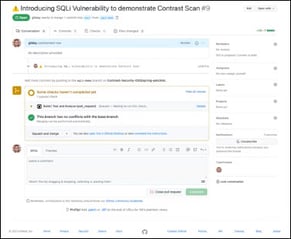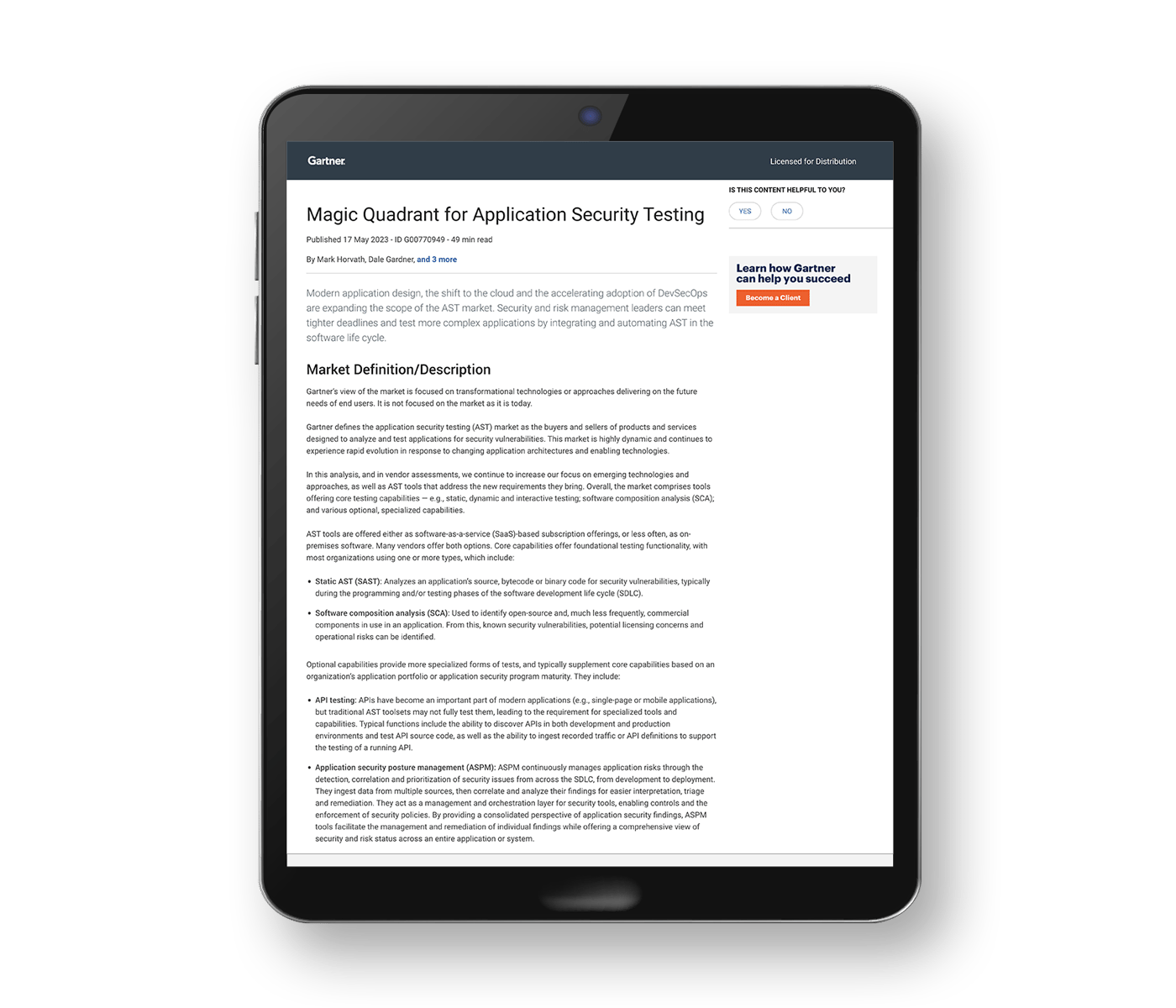Point of View: Delta flight and airline cybersecurity

.jpg)
Jeff Williams, Co-Founder, Chief Technology Officer
Jeff brings more than 20 years of security leadership experience as co-founder and Chief Technology Officer of Contrast Security. He recently authored the DZone DevSecOps, IAST, and RASP refcards and speaks frequently at conferences including JavaOne (Java Rockstar), BlackHat, QCon, RSA, OWASP, Velocity, and PivotalOne. Jeff is also a founder and major contributor to OWASP, where he served as Global Chairman for 9 years, and created the OWASP Top 10, OWASP Enterprise Security API, OWASP Application Security Verification Standard, XSS Prevention Cheat Sheet, and many more popular open source projects. Jeff has a BA from Virginia, an MA from George Mason, and a JD from Georgetown.
Loving our content? Subscribe now!
Get the latest application security news, trends, tips and insights content from Contrast directly to your inbox. By subscribing, you will stay up to date with all the latest and greatest from Contrast Security.






